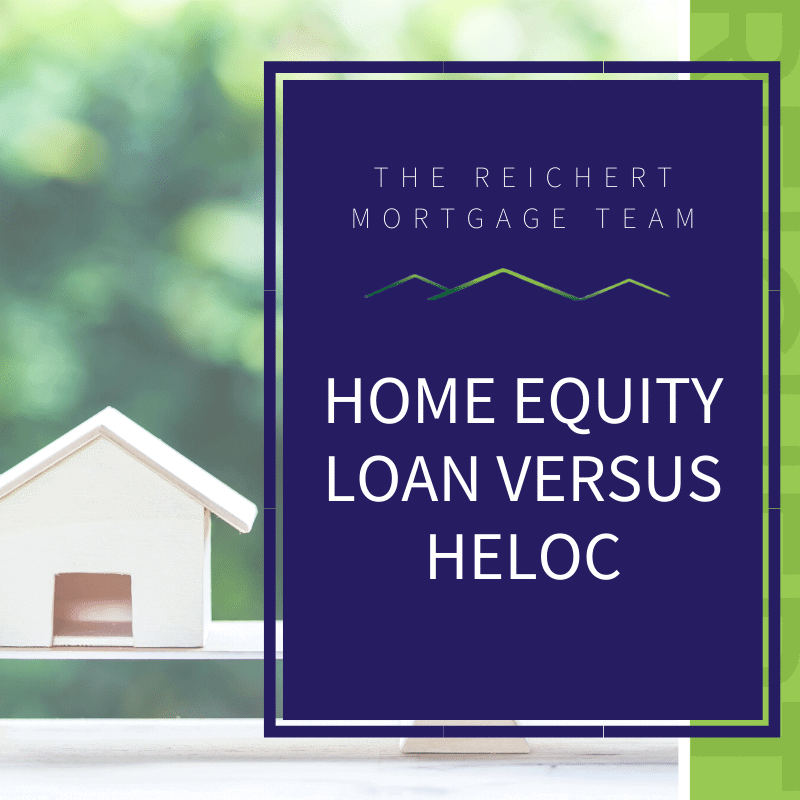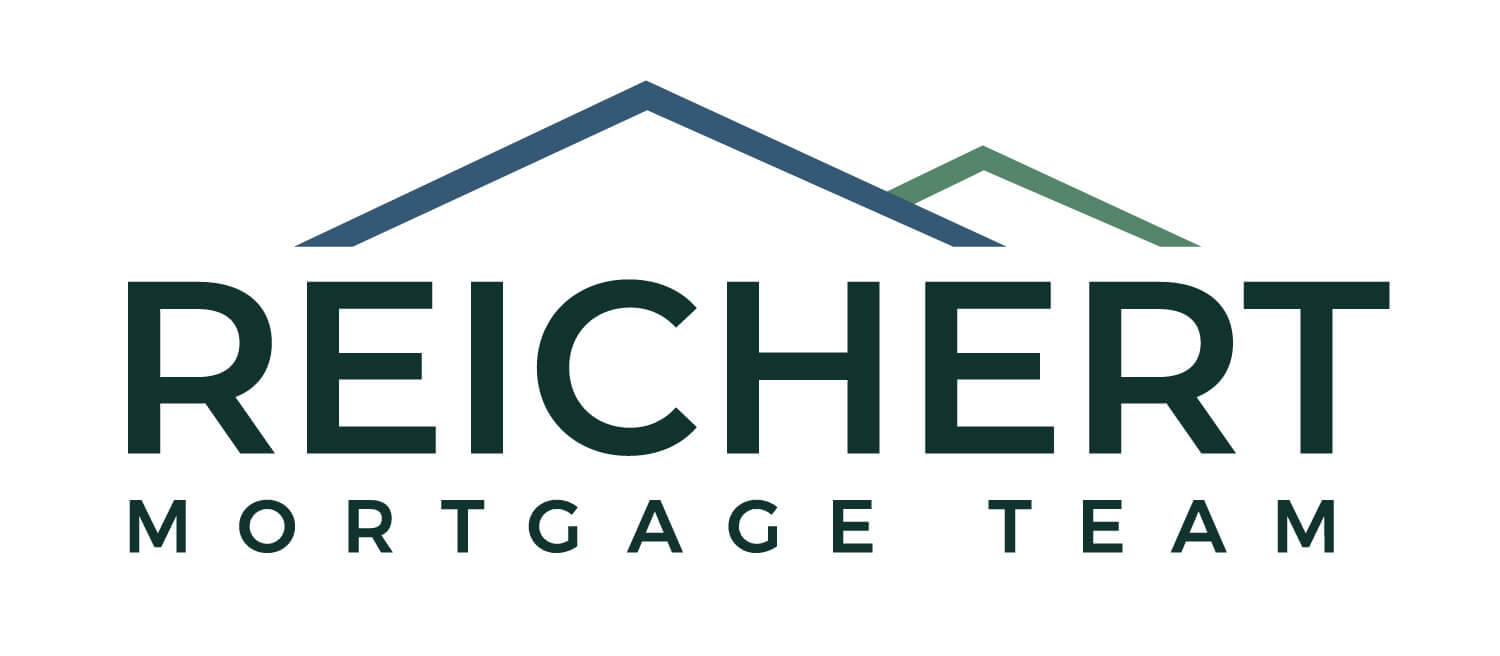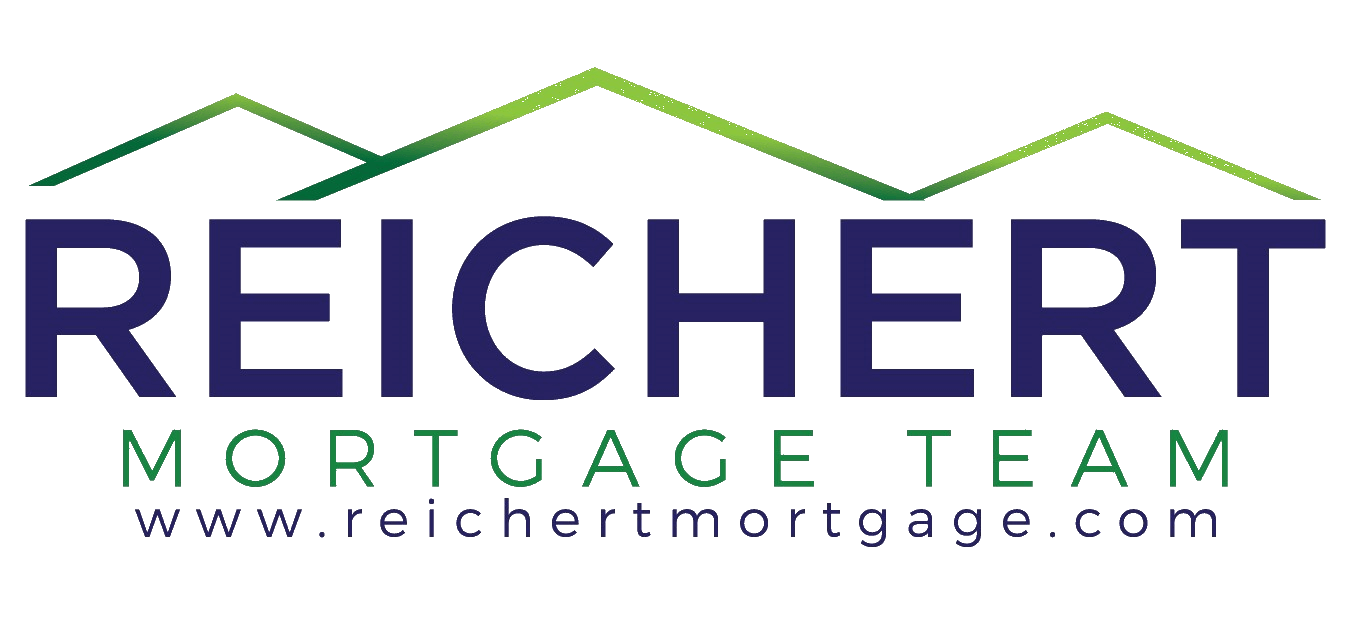Home Equity Loans (HEL) and Home Equity Lines of Credit (HELOC) allow homeowners to finance home improvements or help in times of crisis. Oftentimes, these two types of loans get confused with each other. However, they are completely different! A line of credit offers greater flexibility, while the Home Equity Loan offers reliability with fixed rates and payments. One may make sense for one person, but not necessarily the next.
At The Reichert Mortgage Team, we strive to help you make smart financial decisions. As members of the community in Colorado Springs, we frequently help longtime homeowners tap into their home equity for various home projects. We’ve compiled this guide to dispel any confusion concerning the differences between HELOC and a Home Equity Loans. We hope that you are able to better understand how each of these can benefit you.

How is Equity Calculated?
Most HELOC and Home Equity Loans allow you as a homeowner to borrow up to 85% of your home’s value by borrowing against your home’s equity. In both cases, you are using your home’s value as collateral to take on additional loans. To secure one of these loans you will need enough built-up equity to qualify.
Equity is calculated by first taking 85% of your home’s value and subtracting how much you still owe on the mortgage. This number is the maximum dollar amount you qualify for. For example, if your home is worth $300,000 and you have only $100,000 left to pay, you would qualify for a maximum of $155,000 in loans. Here is the math:
$300,000 X .85 = $255,000 (maximum loan amount)
$255,000 – $100,000 (outstanding mortgage balance)= $155,000
Keep in mind that markets do fluctuate so only borrow as much as you think you’ll need.
What is a Home Equity Loan?
A home equity loan is a second mortgage on your home used mostly for home improvements, although you can also use it any way you like: consolidate high-interest debt, buy a boat, or even start a business. However, we stand behind what many financial advisors say: Home Equity Loans are best used to raise your home’s value. Please keep this in mind as you move forward.
Some features of this loan include a fixed interest rate and a fixed monthly payment, which is outlined through the amortized schedule of your loan agreement. With the amortized schedule you will see both the amount of principal and interest you pay towards the life of the loan. Most agreements are 30 years long meaning you can secure the date when the debt will be paid off.
Pros of Home Equity Loan
- Secure a fixed monthly payment, interest rate, and payment schedule
- Borrow up to 85% of your home’s value
- Allows for tax-deductible interest on certain home improvement projects.
Cons of Home Equity Loan
- You will be paying interest over the 30 year period for a lump sum loan
- Large amounts of equity required

What is a HELOC?
Similar to the Home Equity Loan, HELOC allows you to borrow money using your home’s equity as collateral. However, instead of receiving a lump sum upfront, a HELOC is a revolving line of credit similar to a credit card. You are able to borrow as much money as you qualify for during what is known as “draw periods”. After you have successfully paid your balance back to zero, the draw period opens back up, and again you are able to borrow using your available line of credit.
Interest rates for HELOC generally start lower than the Home Equity Loan but will fluctuate over time because it is not a fixed rate like a Home Equity Loan, but rather an APR. APR’s change depending on the market, which means you could be paying higher monthly payments than you originally started with. However, many lenders will allow you to switch to a fixed rate after you have made enough payments.
Pros of HELOC
- Borrow only as much as you need
- Pay interest only toward what you’ve borrowed
- Allows for flexible repayment options (interest-only payments available)
Cons of HELOC
- Rising interest rates can raise your monthly payments
- Discipline is required to avoid over-borrowing
Comparing Home Equity Loan and HELOC
Finally, there are many similarities with both of these loans. One offers flexibility while the other offers predictability. The table below breaks down the key differences between the two:
| HEL | HELOC | |
| Interest Rate | Fixed | APR |
| How Funds are Distributed | Lump Sum | Borrow as needed |
| Monthly Payments | Fixed payments | Dependent on amount borrowed / current rates |
Which Type of Home Equity Loan Is Right For You?
Home Improvements: For major home improvements like remodeling a home, redoing a kitchen, or finishing a basement, a Home Equity Loan makes more sense. On the other hand, HELOC makes more sense for small home repairs: improving your HVAC system, buying new appliances, or getting new floors, a. In general, HELOC is a safe bet if you don’t have a long-term plan. If on the other hand, you plan on making major home improvements that require lots of cash, HEL makes more sense.
Debt Consolidation: Consolidating high-interest debt can save you large amounts of money through Home Equity Loans. Also, it more convenient as you will have only one payment to make each month rather than two or three. If however you have small emergency expenses or are experiencing a time of financial distress, a line of credit can alleviate your situation with its flexibility.
Business Ventures: Although your business is yours, and ours is ours — we don’t recommend getting a loan to fund a business. If you, however, are sure you will be able to make payments for the agreed term, a lump sum loan is a way forward. If you make small home repairs or flip houses, a HELOC makes sense as you can control how much you borrow for these small accruing repairs.

Dip Into Your Home Equity Today | The Reichert Mortgage Team
Here at The Reichert Mortgage Team, we help Colorado Springs residents to finance the home of their dreams. Our team of highly trained loan specialists is able to find the best possible route forward possible. With our expertise in the mortgage and financial industry, you have nothing to worry about! Have enough equity for a loan? Considering taking out a line of credit? Please don’t hesitate to contact us! We would love to answer any questions you have about how tapping into your home’s equity can help you!


